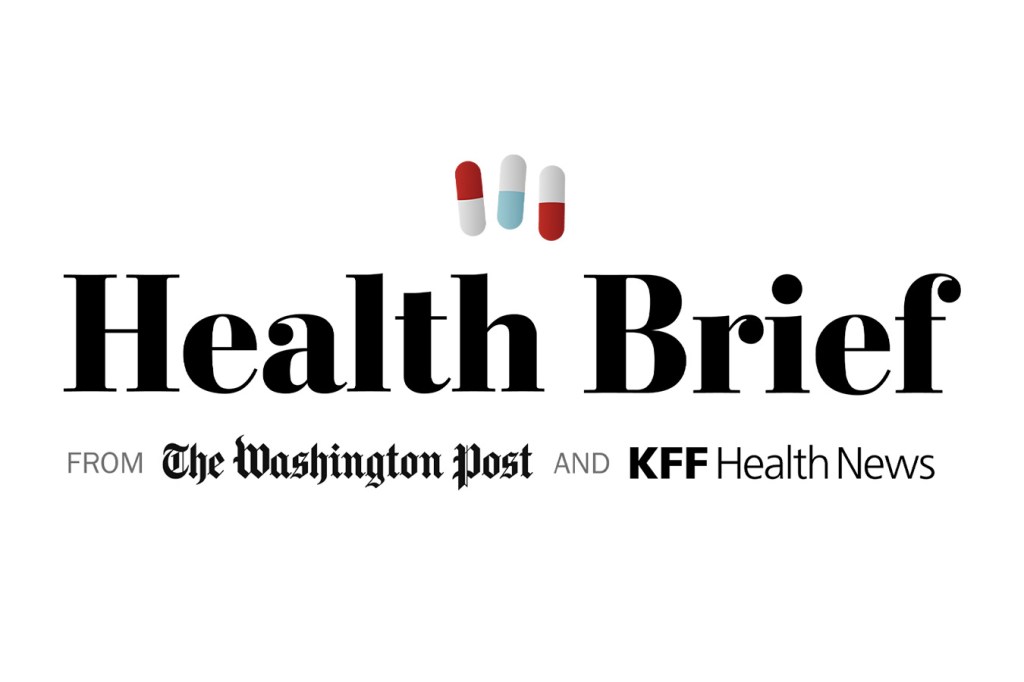Wisconsin, the land of fried cheese curds and the Green Bay Packers, is one of a half-dozen key battleground states where President Biden is trying to make health care a key issue in his expected November matchup with former president Donald Trump.
Biden narrowly won Wisconsin in 2020, after it went for Trump in 2016. And while recent polling indicates that Trump now holds a slight edge, many people here still can’t figure out whom to vote for, or whether to vote at all. Across the state, the rising cost of health care is high on their list of concerns.
A Wisconsinite to my core, I wanted to gauge what is motivating voters. Among the best places to understand the state’s mood are the many summertime polka festivals that draw voters of all political stripes.
This past weekend, for instance, I met Bob Prelipp, 79, at the Birnamwood Polka Days in Birnamwood, population about 700.
A Republican who served in Vietnam during his stint in the Navy, Prelipp voted for Trump in 2016, then switched to Biden in 2020. Prelipp said Trump angered him with his comments disparaging military veterans.
After Trump supporters stormed the U.S. Capitol on Jan. 6, 2021, “I knew I couldn’t vote for him again,” Prelipp said. “I can’t believe we can’t find a better Republican candidate. I’m still trying to decide what to do.”
His veteran health care has improved remarkably under Biden, yet he still can’t stomach voting for him. “I’m not happy with Biden,” he said. “Everything is getting so unaffordable, even health care.”
Birnamwood is in a rural part of the state that’s ruby red — Trump hats pepper the crowd and Trump flags dot the landscape. Biden supporters are more visible in liberal, heavily populated cities like Madison and Milwaukee.
Greg Laabs, a tuba player in a local polka band, proudly displays a Trump sticker on his instrument.
“There are thousands of people coming across the border,” Laabs said, expressing concern over a Democratic president providing immigrants lacking legal residency access to health care — an idea he recalled Vice President Harris supporting in 2019 and that California has passed. “We cannot support the whole world.”
Meanwhile, Biden and members of his administration are trying to win over voters by touting major Obamacare expansions while promising to do more to expand access to care, especially in rural communities.
“Nine million more people have health care because of fights this administration has taken,” Neera Tanden, Biden’s domestic policy adviser, said last week in the city of Rothschild, announcing an $11 million federal investment in the health-care workforce. “There’s a clear choice.”
But Wisconsin voters at the Rothschild town hall-style event told Tanden and Health and Human Services Secretary Xavier Becerra that the state losing hospitals and clinics has upended access.
“We had a hospital that’s been serving our community for over 100 years close very suddenly,” said Michael Golat, an independent voter who lives in the town of Altoona and believes Biden would prioritize health care, yet says the president must do more to expand access to health care and mental health treatment. “It’s really a crisis here.”
This article is not available for syndication due to republishing restrictions. If you have questions about the availability of this or other content for republication, please contact NewsWeb@kff.org.
